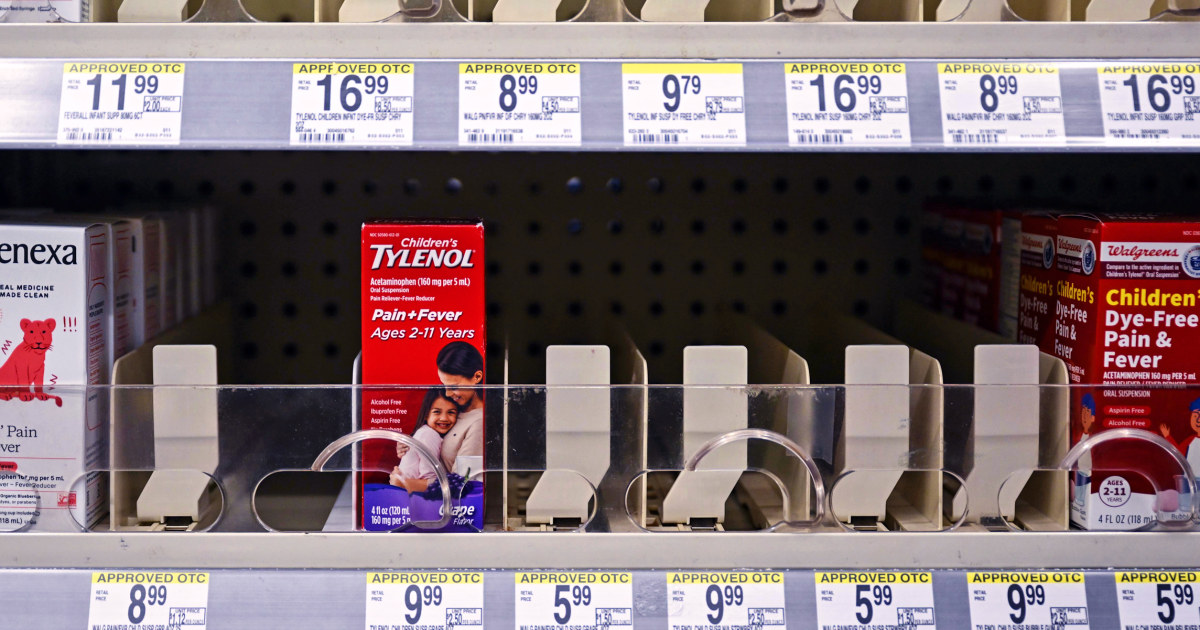Key takeaways:
- The report found that from 2021 to 2022, new drug shortages increased by nearly 30%.
- The average drug shortage lasts about 1.5 years, and more than 15 critical medications have been in shortage for over a decade.
- The report identified three main causes of the drug shortages: economic drivers, reliance on foreign sources, and poor visibility of the pharmaceutical supply chain.
A new report released Wednesday by the Senate Homeland Security and Governmental Affairs Committee has revealed a concerning trend of worsening drug shortages in the United States. The report found that from 2021 to 2022, new drug shortages increased by nearly 30%, leaving health care professionals struggling to treat patients in need.
Committee Chairman Gary Peters, D-Mich., said in his opening remarks at a hearing highlighting the report’s findings that the shortages had reached a peak of 295 individual drugs at the end of 2022. The report also noted that the average drug shortage lasts about 1.5 years, and more than 15 critical medications have been in shortage for over a decade.
The report identified three main causes of the drug shortages: economic drivers, reliance on foreign sources, and poor visibility of the pharmaceutical supply chain. Economic drivers, such as the cost of raw materials, can cause manufacturers to reduce production or stop production altogether. Reliance on foreign sources can also lead to shortages due to supply chain disruptions, such as the pandemic-related delays in the delivery of raw materials. Finally, the report noted that poor visibility of the pharmaceutical supply chain can lead to shortages due to a lack of information about the availability of drugs.
The report concluded that the worsening shortages of critical medications pose a serious national security problem and threaten health care providers’ ability to treat patients. The committee has called for more transparency in the pharmaceutical supply chain and for the government to take steps to address the underlying causes of the shortages.



Be First to Comment